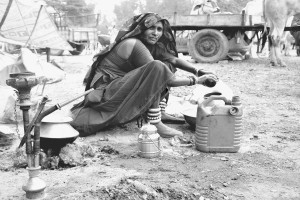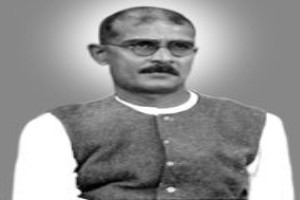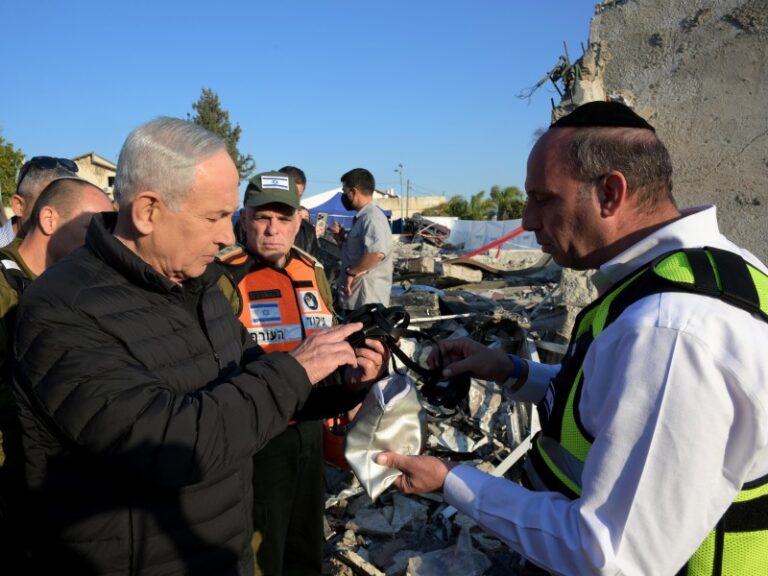
Rural Reconstruction Institute
 By Mahadev H. Desai*
By Mahadev H. Desai*
Sir Daniel has a picturesque and piquant style and puts in a sparkling phrase more meaning than many can put into paragraphs. His heart bleeds for the poor, and long before our great untouchability campaign, he used to visit the Calcutta Harijan bastis and appeal to the young men of Bengal to go and work among, and improve the lot of, the poor chamars, whose life he summed up in one phrase: “He works hard for the Kabuli and drinks hard for Government.” “The gold mines,” he said on another occasion, “are dying assets, and to chain young India to a dying gold mine would be like marrying a girl bride to a dying man.”
Righteousness is the burden of all his lay sermons, spoken or written, and he repeats over and over again the crying necessity for “the manufacture of souls of a good quality,” in Ruskin’s immortal phrase. Quoting from the Book of Ecclesiasticus, he says about those who put their trust in their hands: “they will maintain the fabric of the world; and in the handiwork of their craft is their prayer.” Idleness is his only enemy, and even at the age of 78, when he spends his winter in Gosaba, he walks miles and miles from morning until midday, talking to the peasants on his Estate, sometimes accompanied by his good wife, who has the added gift of being able to speak to the peasants in flawless Bengali.
Also read: History Recalled: Towards an ideal zamindari -1
A man of lofty idealism, everything he has done has had some noble conception at its back, and he took on lease his Estate in the Sunderbans some thirty years ago, without a blow of trumpets and without any ceremony, and though it has meant to him a paying proposition, one may say that money has not been his motive; the motive that inspired him was to add to India’s citizens some honest men. Some years ago, he deputed a gentleman to Gandhiji with a few hundred cards with the motto of ‘Be Honest’ written thereon. They were intended to be given away to the students who successfully passed out of the Rural Reconstruction Institute that he had thought of having and has recently established, and he wanted Gandhiji to sign those cards. Not many of the cards have yet been issued, but about this motto there hangs a treasureable tale, which throws a flood of light on the ideal that Sir Daniel has lived for and which he has held up before the peasants on his Gosaba Estate. Once, on a visit to Livingstone’s memorial in Scotland, he purchased there a little autobiographical sketch of Livingstone, wherein he read:
“Grandfather could give particulars of the lives of the ancestors for six generations of the family before him; and the only point of the tradition I feel proud of is this. One of these poor hardly islanders was renowned in the district for great wisdom and prudence; and it is related that when he was on his death-bed, he called all his children around him and said, “Now, in my life-time I have searched most carefully through all the traditions I could find of our family, and I never could discover that there was a dishonest man among our forefather. If, therefore, any of you or any of your children should take to dishonest ways, it will not be because it runs in our blood; it does not belong to you. I leave this precept with you. ‘Be Honest’.”
This was Sir Daniel’s inspiration. From the ruins of a church in which Livingstone preached for the last time before leaving for Africa, Sir Daniel picked up two bricks, brought them to India, on the bricks placed a bottle containing the motto, ‘Be Honest’, signed by Gandhiji, and on this for foundation built his Rural Reconstruction Institute. Here is a tale to inspire and ponder over.
This much will, I think, suffice as an introduction to what I have to say about Sir Daniel’s work on his Gosaba Estate.
– to be continued
*Mahadev Desai was an eminent freedom fighter and Mahatma Gandhi’s personal secretary; article courtesy his grandson, Nachiketa Desai.





